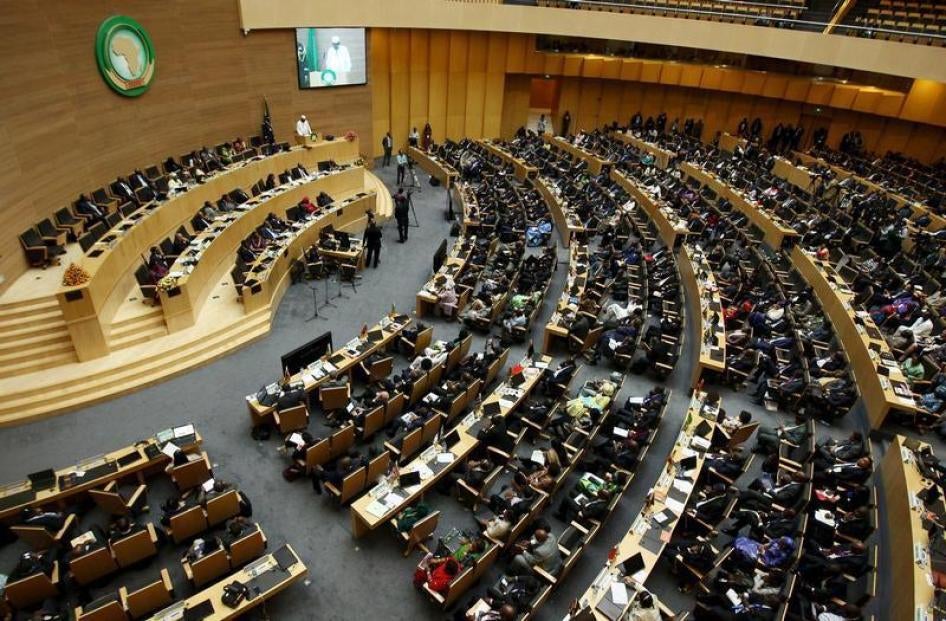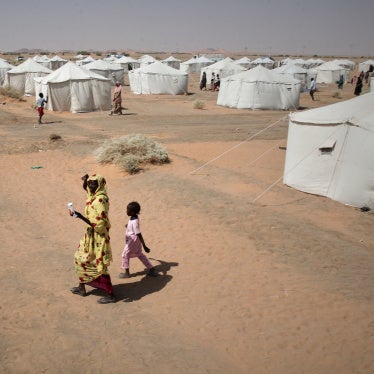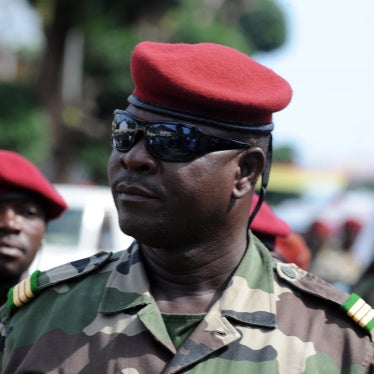The 27th African Union (AU) summit closed Monday evening without an AU call for immediate mass withdrawal from the International Criminal Court in the face of strong pushback from Nigeria, Senegal, Ivory Coast, Tunisia, and even ICC non-member Algeria, media reports and observers said.
The governments that opposed an AU call for withdrawal noted that the AU is not a member of the ICC, and that only states, not intergovernmental entities, may join. The governments noted that the AU includes some 20 countries that are not ICC members, who should not dictate to African states that are ICC members.
The opposition to the AU call is a game changer. Since 2013, debate over the ICC at the AU has been dominated by the ICC’s opponents and fueled by misinformation. Attacks on the ICC have largely met silence from the court’s 34 African members, with the exception of Botswana. Even though many continue to back the ICC privately and at meetings outside the AU, they have gone quiet at the AU as the ICC had become a toxic issue there.
As usual, the ICC’s opponents did what they could to gin up anti-ICC rhetoric.
Civil society groups worked to level the playing field. Twenty-one African and international organizations, including Human Rights Watch, offered a video featuring African activists that has attracted some 49,000 views and counting on social media. A new initiative by African notables – the Africa Group for Justice and Accountability – published an op-ed in The Guardian.
But leadership from governments is essential to ending the constant assault on the ICC at the AU. While it remains unclear whether the AU took up the ICC at all in its final decisions, in any case, it appears that a feared AU call for an immediate mass withdrawal did not materialize.
The efforts of Nigeria, Senegal, Tunisia, Ivory Coast, and Botswana provide a real boost to the ICC. More such efforts will be needed in the future, bolstered by other African ICC members such as Sierra Leone, Malawi, and Ghana.
The ICC has its problems, but in the absence of action before national courts, it remains the only chance through which those responsible for the world’s worst crimes – even those at the highest levels of government – may be held to account. That is something well worth saving and improving for Africans and people everywhere.










